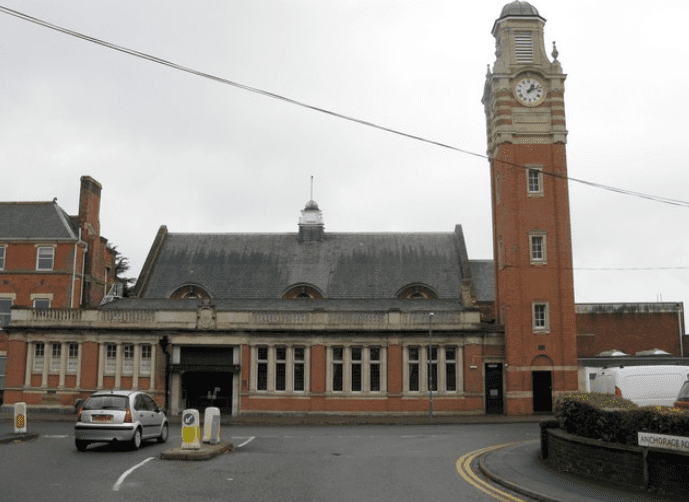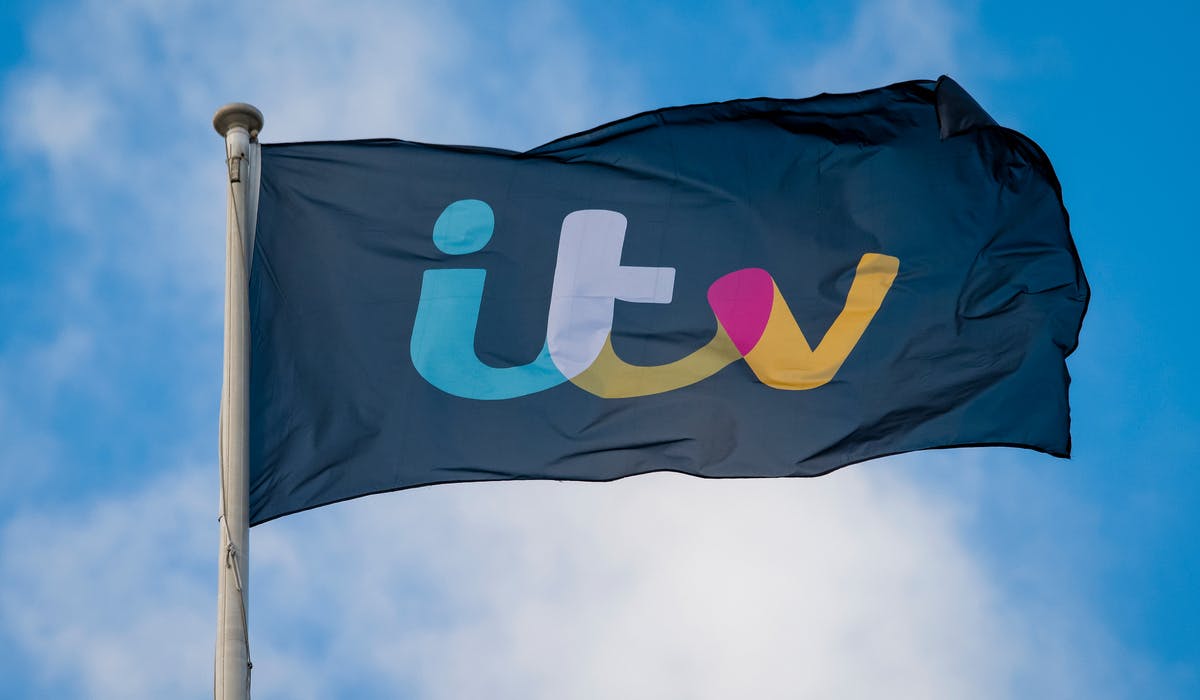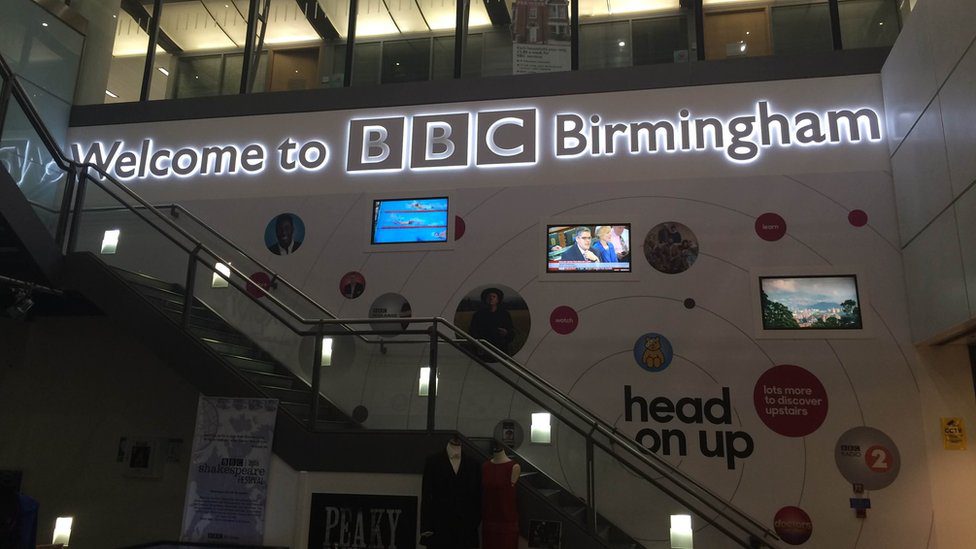Birmingham is the second-largest city in Great Britain. Its history is long and full of interesting facts and stages. Birmingham’s media history is fascinating too, as it played an important role in the cultural development of its residents. Learn more at birmingham-future.
Sutton Coldfield
The first station transmitting TV frequencies appeared in Birmingham in 1949. It was named the Sutton Coldfield transmitting station. Until 1949, TV broadcasting was available only in London.
The Birmingham station entered the history of television not only as the second television station in the country. In the 1960s, Birmingham’s TV ran the drama Cathy Come Home. According to a sociological survey conducted in Britain in 2000, it became the undisputed leader. Viewers and critics recognised those series as the best in the history of British television.

Its filming took place in Birmingham. Thus, it became a documentary demonstration of the life of Birmingham residents in the 60s and the first example of intellectual TV. After all, the first TV attempts were often exclusively entertaining.
The first episode was released in 1966. Tony Garnett, a Balsall Heath native, worked on all the series.
ITV
A new TV network, ITV, appeared in Britain in the late 1950s. Birmingham and West Midlands were the first to launch it. Then, it spread throughout the region. ITV had two divisions, ATV (Associated Television) and ABC Weekend TV. The first one was responsible for telecasting and broadcasting on weekdays, while the second one was on weekends. In 1968, ATV won the right to a full-week broadcast in the region. Then a new station was built on Broad Street.

The ITV network has undergone a number of changes. ATV was reorganised into Central Independent Television. In 1999, the network changed its name to Carlton Central, and only in 2004, it became ITV Centre again.
The studio produced several successful projects that became an important part of English television. ITV’s most popular and well-known projects filmed in Birmingham include Father Brown, New Faces, Gladiators and others.
BBC
The BBC is one of the largest TV networks in Great Britain. It has two offices in Birmingham. BBC West Midlands is the regional headquarters. It is responsible for Midlands Today, Inside Out and The Politics Show. The last two shows had a regional orientation.
Their production centre in The Mailbox was responsible for the creation of national broadcasting. That is, the BBC produced TV projects and shows broadcast all over the country in Birmingham. However, in 2012, when the network opened its branches in Bristol and Cardiff, Birmingham’s started to decline.

In 2018, the BBC invested heavily to launch the BBC Three online platform in the region. Then the channel filmed the popular TV series Man Like Mobeen in Birmingham.
The BBC opened the Drama Village in Selly Oak, South West Birmingham. This is the company’s large branch. It serves as a key production centre for many popular TV dramas, including the mega-popular medical series Doctors. Another popular TV series about Birmingham life is Peaky Blinders. It was authored by a Birmingham native and some shots were filmed in this very city.
In the 2000s, Birmingham produced many network-wide shows for BBC One and BBC Two, being surpassed only by London.
Small players
In addition to major TV companies, Birmingham houses smaller ones.
BskyB, based at the University of Birmingham, Edgbaston, is a small company that manages to produce and spread news and content across Mid Wales, Norfolk, Sheffield and Oxford.
Made in Birmingham is another small commercial station. It didn’t last long as a separate unit, as it was bought by Made Television in 2018. In addition, there is a TV channel in Aston that produces and distributes content to Europe, Africa and Asia. The city has many more independent small companies that create commercial products, in particular, feature films.
Friendship with a national company
In 2018, Channel 4 decided to relocate from London. Many UK cities applied for the right to become a new home for the company. One of them was Birmingham. The West Midlands Combined Authority has submitted an application. This would be a great opportunity for Birmingham. After all, in addition to raising the city’s status and developing the telecommunications industry, it would give new jobs to its population. According to research by local experts, a Channel 4 presence would boost the city’s economy by more than £2,000,000,000.
The development of TV communications and the involvement of large companies would be a good help to the city. Fans of popular TV projects like to visit filming locations, which can stimulate the flow of tourists to Birmingham.